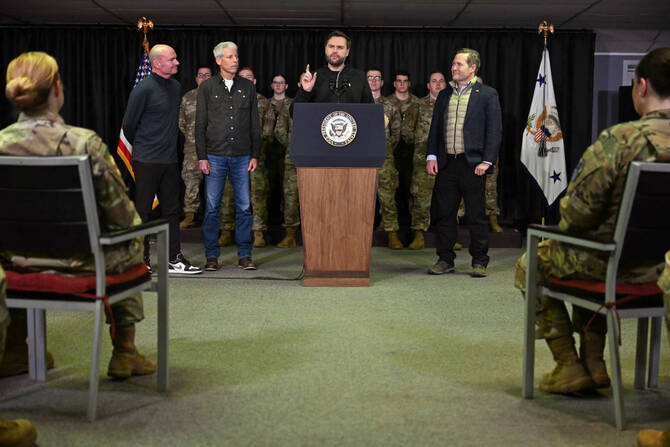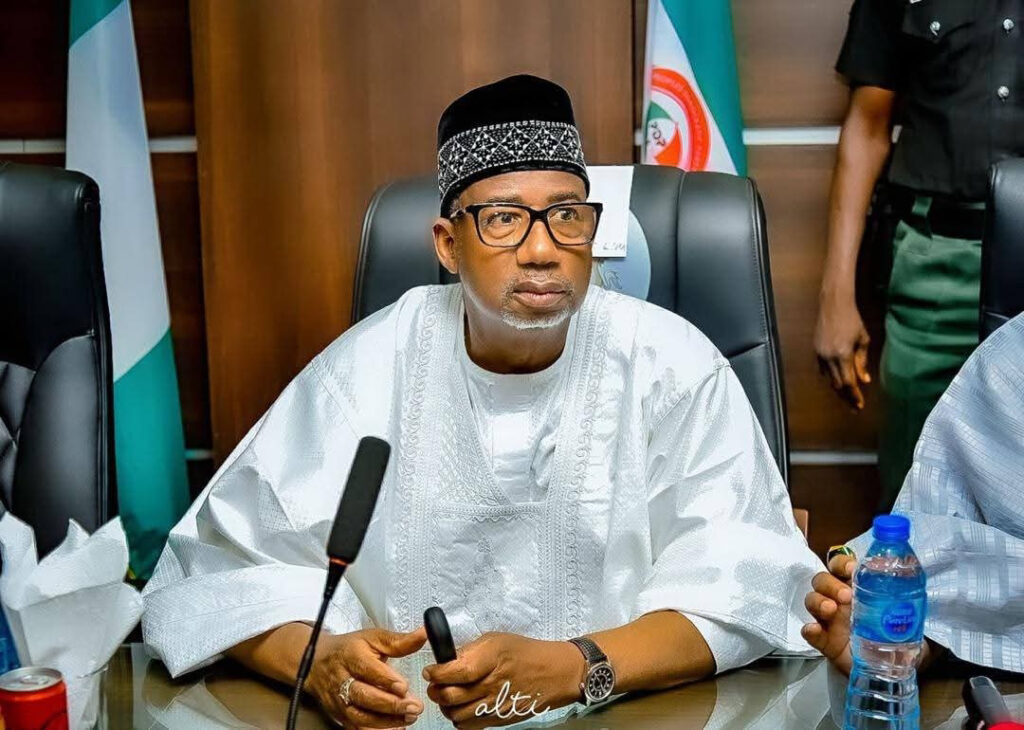Danish Foreign Minister Lars Løkke Rasmussen said Denmark is open to working with the United States to address concerns about Greenland’s strategic future, following sharp criticism from U.S. Vice President JD Vance, who accused Denmark of neglecting the Arctic island’s security during a controversial visit on Friday.
In a post on X (formerly Twitter), Rasmussen addressed his “dear American friends,” acknowledging that “the status quo in the Arctic is not an option” and inviting the U.S. to “talk about how we can fix it — together.”
Rasmussen’s comments came in response to Vance’s pointed remarks during a stop at Pituffik Space Base, where the vice president claimed the U.S. was the only country that could ensure Greenland’s safety amid rising threats from China and Russia.
In a separate video statement, Rasmussen said that while Denmark welcomes constructive dialogue, the U.S. tone during the visit was “not how you speak to your close allies.”
“Of course, we are open to criticism,” Rasmussen said. “But let me be completely honest — we do not appreciate the tone in which it’s being delivered. And I still consider Denmark and the United States to be close allies.”
Rasmussen noted that while President Trump’s administration and now Vice President Vance have signaled increased interest in Greenland, Denmark has consistently rejected proposals for U.S. acquisition of the territory. However, both Danish and Greenlandic officials have expressed openness to strengthening military and economic cooperation.
“We respect that the United States needs a greater military presence in Greenland,” Rasmussen said. “Denmark and Greenland are very much open to discussing this with you.”
He pointed to the 1951 bilateral defense agreement, which governs U.S. military activity in Greenland, as providing “ample opportunity” for expanding that presence.
“If that is what you wish, then let us discuss it,” Rasmussen added.
Tensions have grown in recent months as Greenland debates its future autonomy, and the Trump administration steps up pressure to expand U.S. influence in the Arctic. While the Biden administration previously emphasized climate and cooperation in Arctic policy, the Trump White House has prioritized national security, energy access, and countering China and Russia.
Denmark’s latest response suggests it is seeking to manage escalating rhetoric while maintaining long-standing transatlantic ties, especially at a time of growing geopolitical interest in the Arctic region.



























